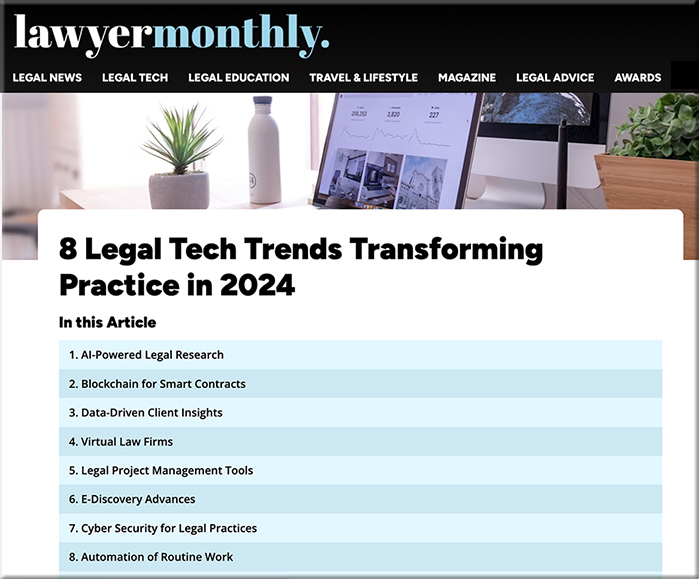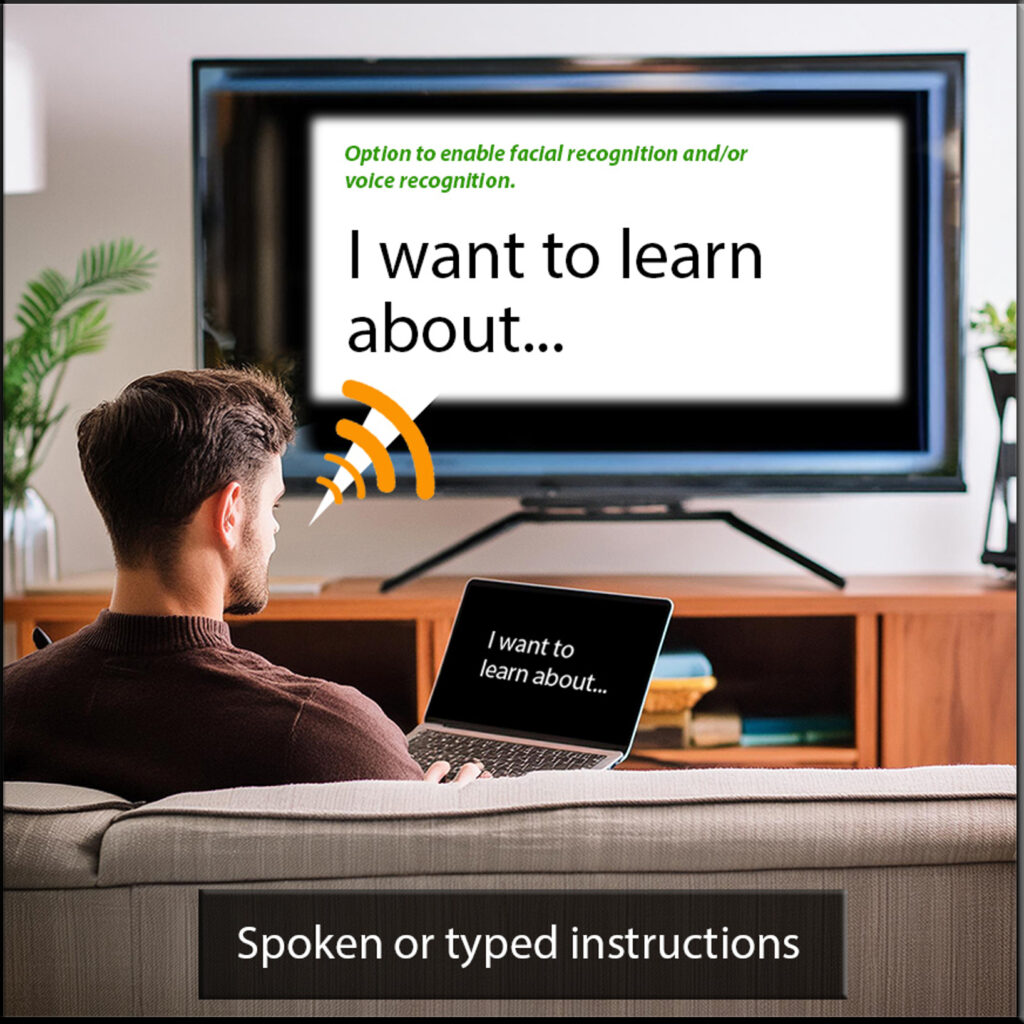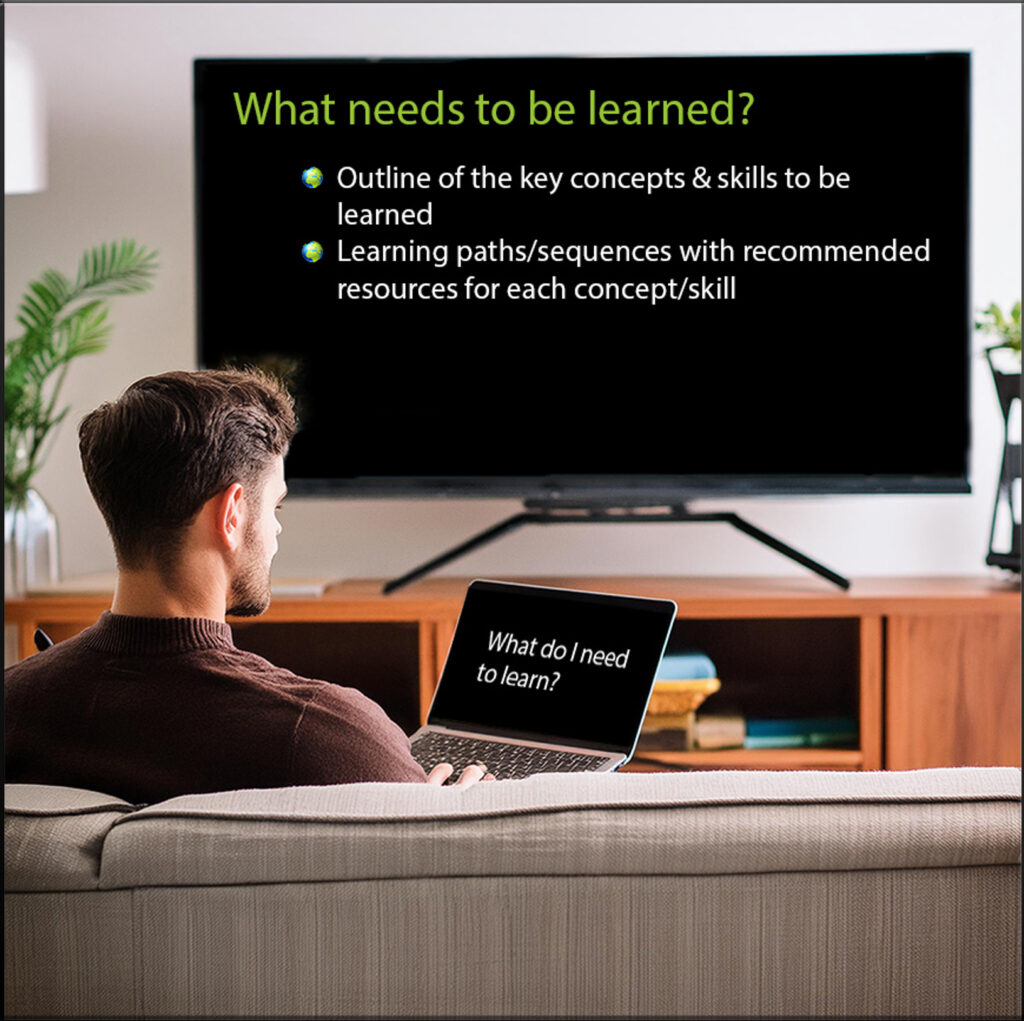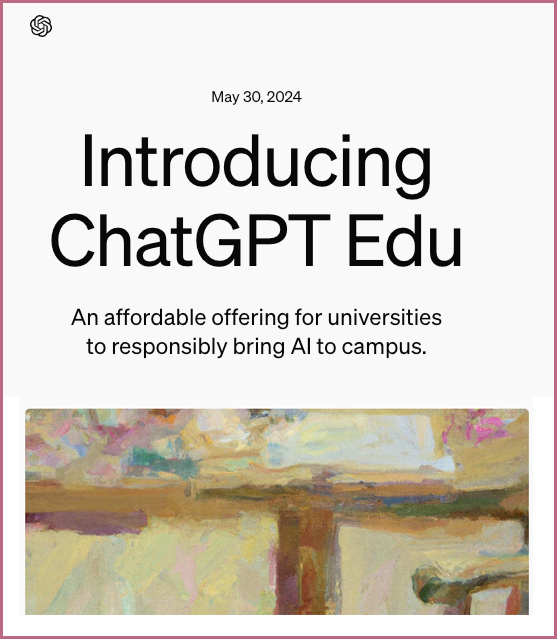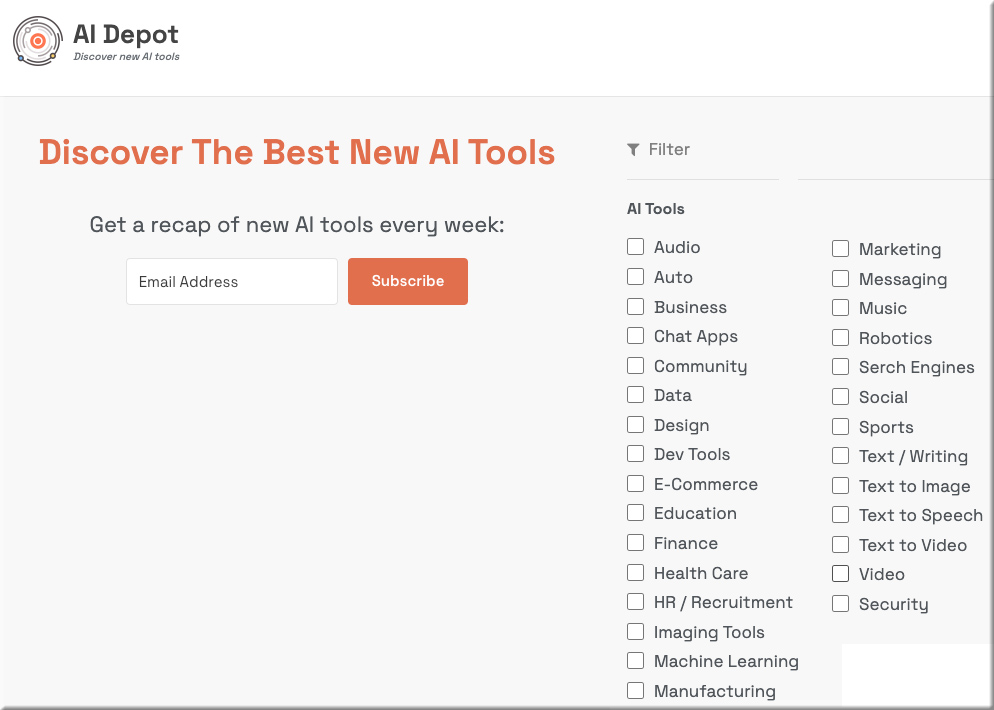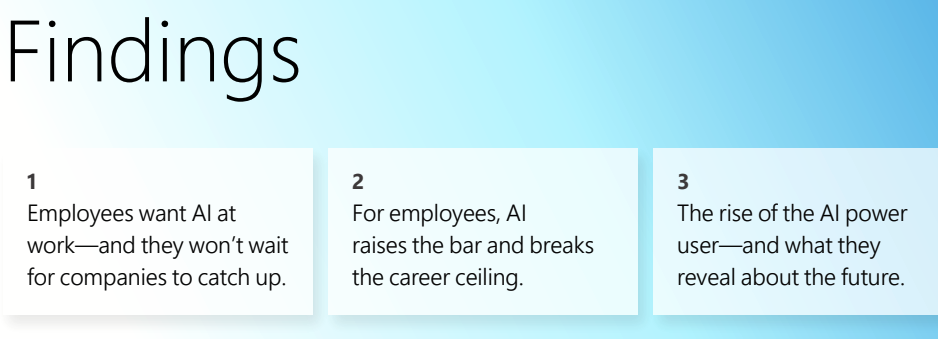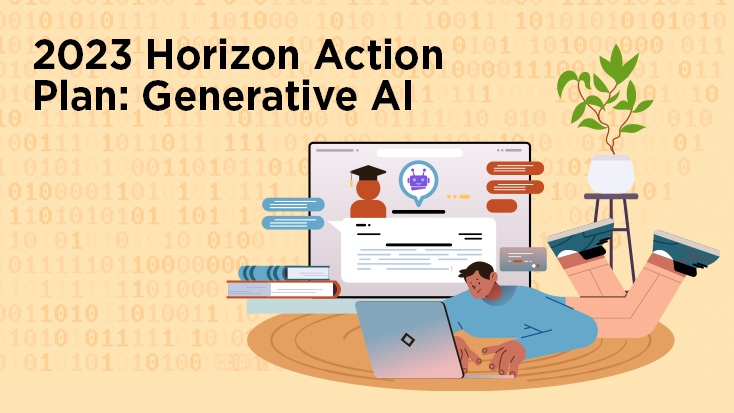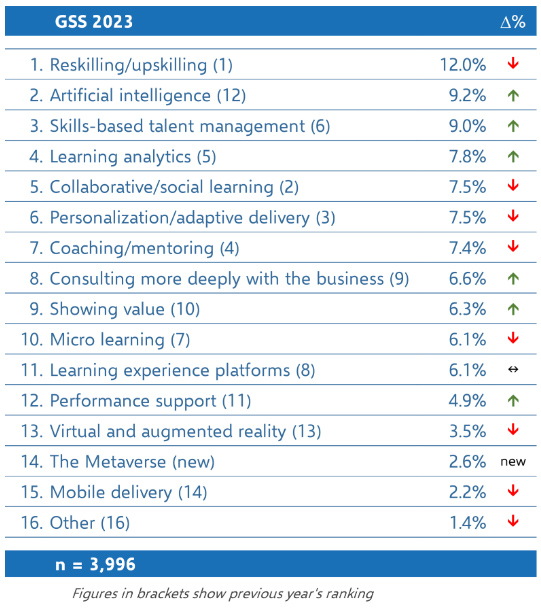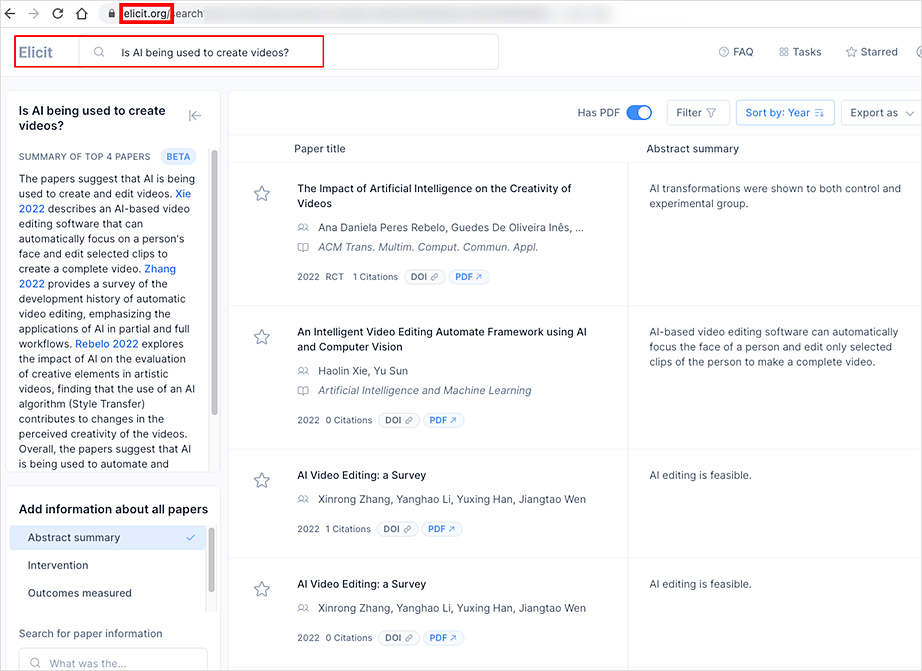8 Legal Tech Trends Transforming Practice in 2024 — from lawyer-monthly.com
Thanks to rapid advances in technology, the entire scenario within the legal landscape is changing fast. Fast forward to 2024, and legal tech integration would be the lifeblood of any law firm or legal department if it wishes to stay within the competitive fray.
Innovations such as AI-driven tools for research to blockchain-enabled contracts are thus not only guideline highlights of legal work today. Understanding and embracing these trends will be vital to surviving and thriving in law as the revolution gains momentum and the sands of the world of legal practice continue to shift.
Below are the eight expected trends in legal tech defining the future legal practice.
Building your legal practice’s AI future: Understanding the actual technologies — from thomsonreuters.com by
The implementation of a successful AI strategy for a law firm depends not only on having the right people, but also understanding the tech and how to make it work for the firm
While we’re not delving deep here into how generative artificial intelligence (GenAI) and large language models (LLMs) work, we will talk generally about different categories of tech and emerging GenAI functionalities that are specific for legal.
Ex-Microsoft engineers raise $25M for legal tech startup that uses AI to help lawyers analyze data — from geekwire.com by Taylor Soper
Supio, a Seattle startup founded in 2021 by longtime friends and former Microsoft engineers, raised a $25 million Series A investment to supercharge its software platform designed to help lawyers quickly sort, search, and organize case-related data.
…
Supio focuses on cases related to personal injury and mass tort plaintiff law (when many plaintiffs file a claim). It specializes in organizing unstructured data and letting lawyers use a chatbot to pull relevant information.
“Most lawyers are data-rich and time-starved, but Supio automates time-sapping manual processes and empowers them to identify critical information to prove and expedite their cases,” Supio CEO and co-founder Jerry Zhou said in a statement.
ILTACON 2024: Large law firms are moving carefully but always forward with their GenAI strategy — from thomsonreuters.com by Zach Warren
NASHVILLE — As the world approaches the two-year mark since the original introduction of OpenAI’s ChatGPT, law firms already have made in-roads into establishing generative artificial intelligence (GenAI) as a part of their firms. Whether for document and correspondence drafting, summarization of meetings and contracts, legal research, or for back-office capabilities, firms have been playing around with a number of use cases to see where the technology may fit into the future.
Thomson Reuters acquires pre-revenue legal LLM developer Safe Sign Technologies – Here’s why — from legaltechnology.com by Caroline Hill
Thomson Reuters announced (on August 21) it has made the somewhat unusual acquisition of UK pre-revenue startup Safe Sign Technologies (SST), which is developing legal-specific large language models (LLMs) and as of just eight months ago was operating in stealth mode.
…
There isn’t an awful lot of public information available about the company but speaking to Legal IT Insider about the acquisition, Hron explained that SST is focused in part on deep learning research as it pertains to training large language models and specifically legal large language models. The company as yet has no customers and has been focusing exclusively on developing the technology and the models.
Supio brings generative AI to personal injury cases — from techcrunch.com by Kyle Wiggers
Legal work is incredibly labor- and time-intensive, requiring piecing together cases from vast amounts of evidence. That’s driving some firms to pilot AI to streamline certain steps; according to a 2023 survey by the American Bar Association, 35% of law firms now use AI tools in their practice.
OpenAI-backed Harvey is among the big winners so far in the burgeoning AI legal tech space, alongside startups such as Leya and Klarity. But there’s room for one more, says Jerry Zhou and Kyle Lam, the co-founders of an AI platform for personal injury law called Supio, which emerged from stealth Tuesday with a $25 million investment led by Sapphire Ventures.
Supio uses generative AI to automate bulk data collection and aggregation for legal teams. In addition to summarizing info, the platform can organize and identify files — and snippets within files — that might be useful in outlining, drafting and presenting a case, Zhou said.









